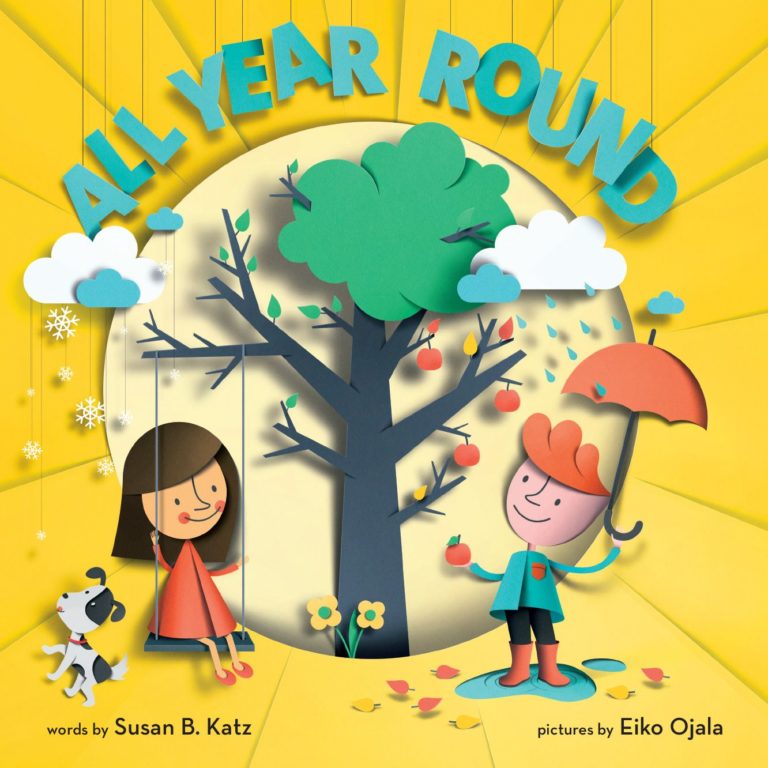Dyscalculia: When 2 + 2 = 5

A child’s problem with math could be related to poor wiring in their parietal cortex located in the rear of the brain. The National Institute of Health showed that the innate capacity to estimate is impaired in children who have a math learning disability called dyscalculia.
Like dyslexia, a brain impairment that causes individual reading problems, dyscalculia causes people to be stymied by math.
In the past, if a child had problems with 2 + 2, couldn’t recognize a negative number, or succeed in the simplest Algebra problem teachers felt that the child was lazy or unmotivated.
Unfortunately, new research is discovering that math hassles could be due to dyscalculia, but little research has been done to deal with the problem. What we do know is kids with dyscalculia have trouble recalling math facts, and have difficulty applying what they know to solve math problems.

There aren’t specialized teaching programs or medications to dampen the affects of dyscalculia. However, there are a few strategies you can use at home. First, use concrete examples that connect math to real life such as sorting buttons. This will help your child’s number sense. When a child has trouble with his homework, use visual aids to help him solve his problems. To keep numbers lined up, use graph paper. Finally, cover up the other problems the child has to do with paper so she can focus on the immediate task.
If you suspect your child has dyscalculia, talk to your pediatrician and your child’s teacher so you can work together as a team to help your son or daughter deal with dyscalculia in a positive way.



I found this article extremely interesting and eye opening. Great read!
It’s unfortunate that there aren’t specialized teaching programs to dampen the affects of dyscalculia; however, I would suggest that an adult who also suffers from dyscalculia; (but has overcome them to a certain extent) would be the best person to work with a kid with dyscalculia because they would have the proper empathy and better relate to the child’s problems.
Good point, Joe. Glad you enjoyed the article, Koren.